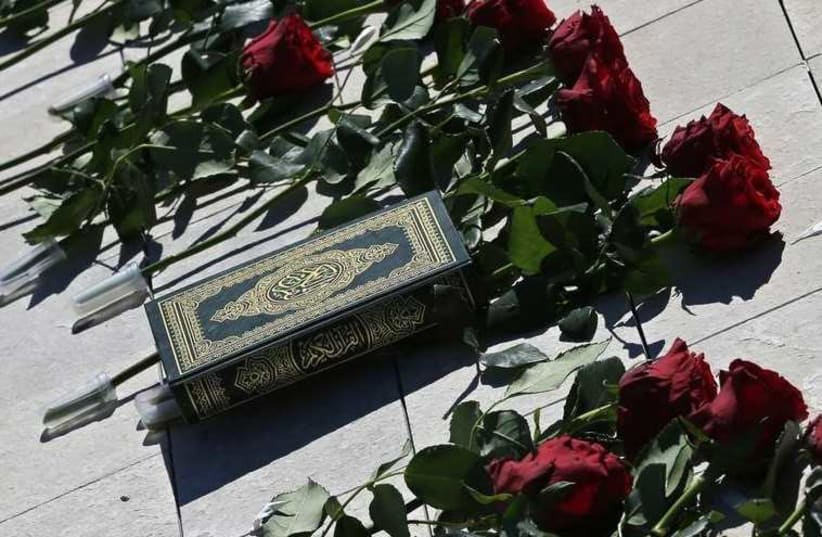
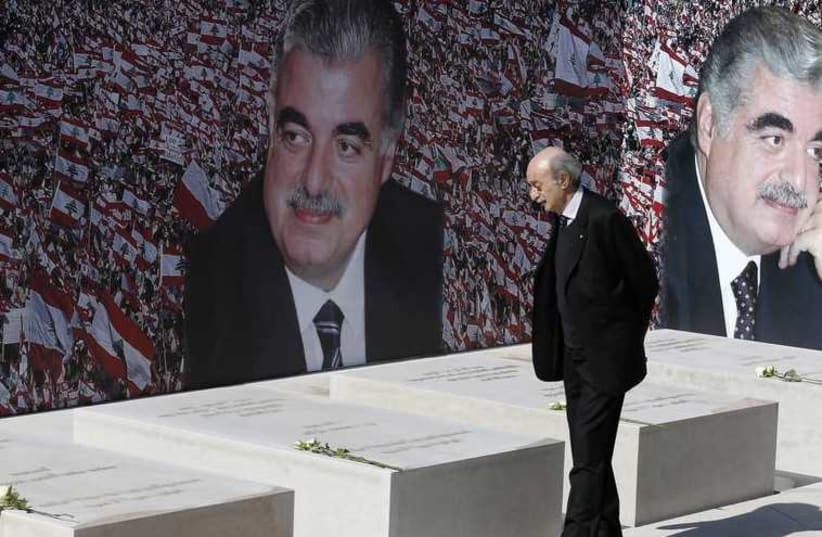
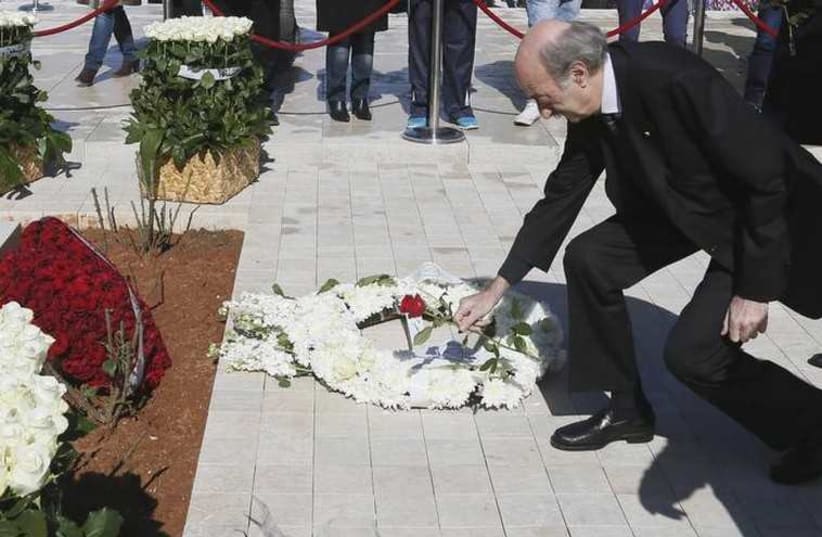
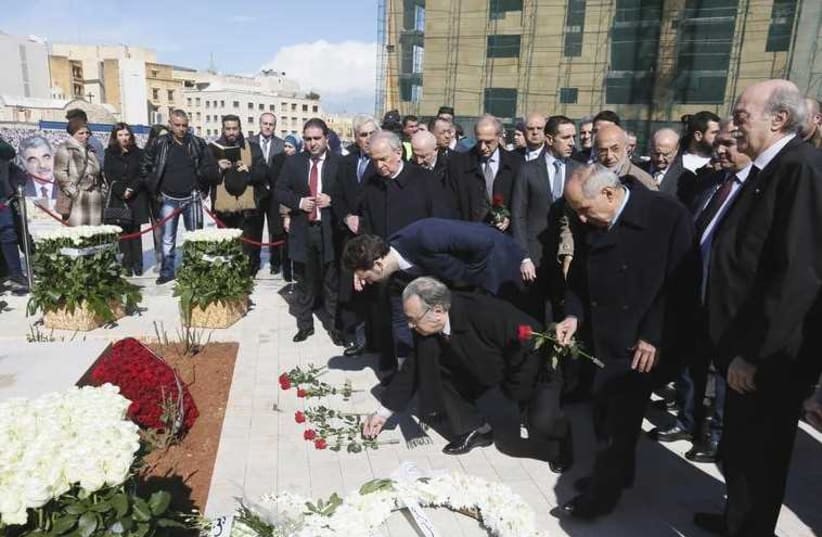
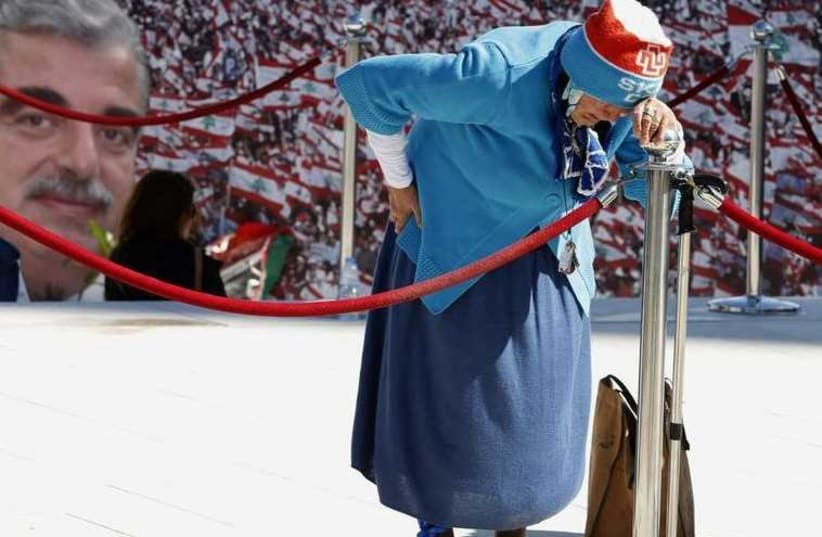
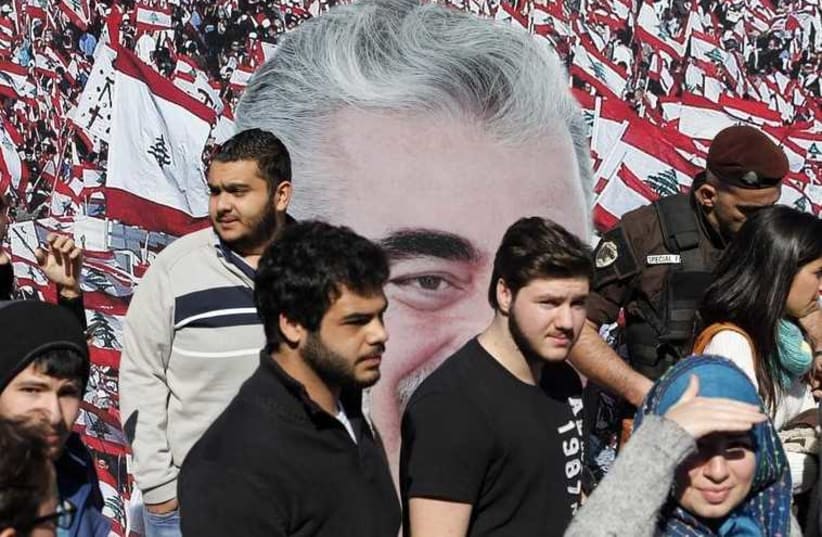
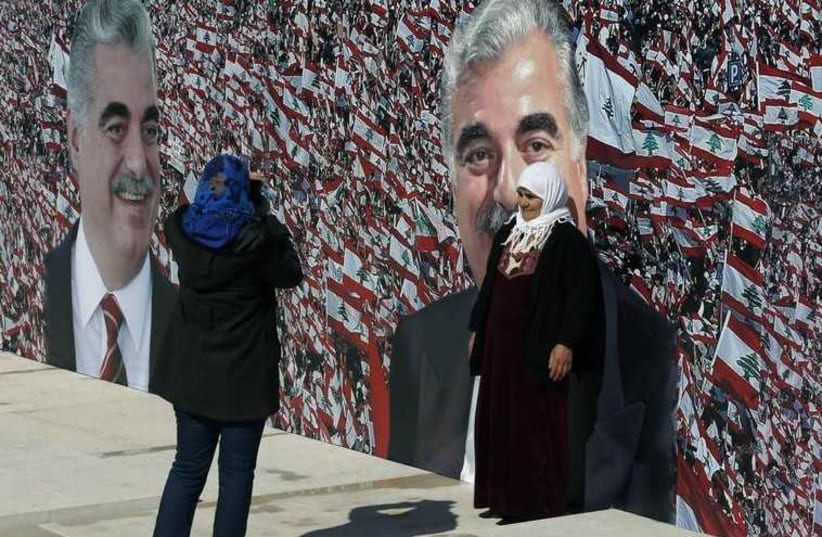
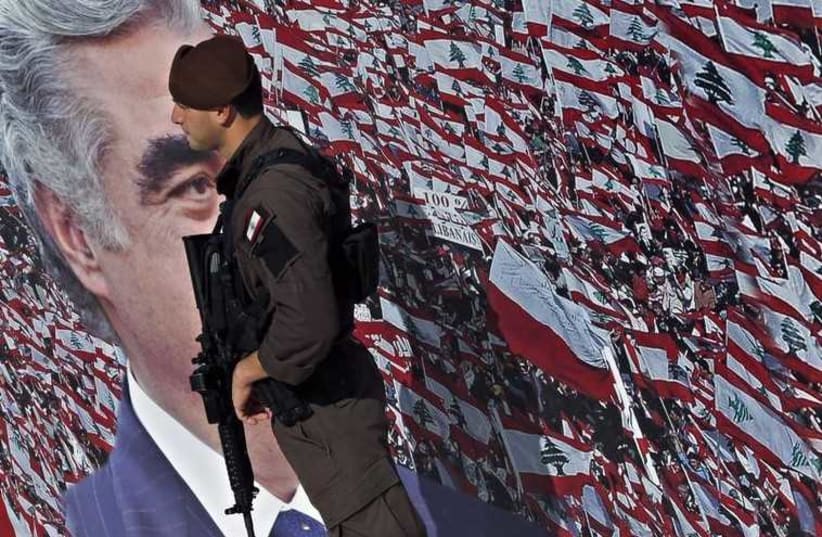

He was expected to speak at the ceremony dedicated to his father, who was killed in a 2005 Beirut waterfront bombing that brought the country back to the brink of civil war.Smiling and waving, Saad entered the hall to theatrical music. Surrounded by bodyguards, he stopped to shake hands with politicians and diplomats as his supporters chanted and shouted.On Saturday, scores of Lebanese queued to lay flowers at Rafik al-Hariri's grave next to the capital's main mosque. Some broke down in tears while others posed for photographs beside large posters of the late statesman.Five members of the Lebanese Shi'ite group Hezbollah have been indicted over his killing by an international tribunal in The Hague. The trial in absentia began in January 2014 and Hezbollah has denied any involvement in the killing.The assassination pushed Hariri's son Saad into politics. He remains Lebanon's most influential Sunni politician, despite leaving in 2011 after his government was toppled by a coalition including Hezbollah. He divides his time between Saudi Arabia and France, who support him.Despite their animosity, Hariri's Future Movement now works with Hezbollah to contain sectarian tensions in Lebanon that have been exacerbated by the war in Syria.The four-year-old Syrian conflict involves overwhelmingly Sunni insurgents who oppose President Bashar al-Assad, a member of the Shi'ite-derived Alawite minority, and allied Shi'ite groups including Hezbollah.US Secretary of State John Kerry commemorated Hariri in a statement late on Friday, saying the man known as "Mr Lebanon" gave his country hope during its "darkest days.""He stood for peaceful change and the resolution of differences through conversations - not carnage," Kerry said."Ten years ago today, he was assassinated because some feared he might succeed."The bomb that killed him, packed in a van filled with the equivalent of 2.5 tons of high explosive, was detonated by an unidentified suicide bomber. It killed 21 others and wounded more than 200 as it ripped through a busy street.Saad, who blames Assad for the murder, visited Lebanon for the first time in three years in August.Politicians and public figures expressed hope his return would help stabilize Lebanon, which is plagued by violence and caught in political deadlock.
